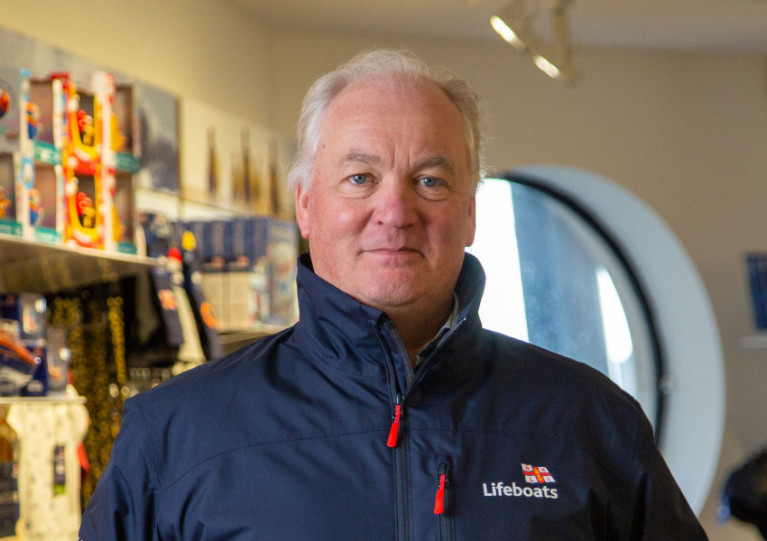The RNLI’s chief executive, Mark Dowie, said he will take a 50% pay cut to help the storm caused by the coronavirus.
And the charity that saves lives at sea is also planning to put some 30% of staff on furlough over the next few weeks.
In a statement, Dowie said: “The coronavirus outbreak is testing many charities and emergency services across the UK and Ireland, and the RNLI is no different.
“We have some reserves in place to deal with short, sharp shocks to our financial situation. However, we are all facing unprecedented times and we have seen an immediate impact not just on our frontline services, but also on our ability to fundraise which is already having an impact on our finances.
“We don’t know how long the coronavirus situation will affect us and we need to take what action we can – now and in the next weeks and months – to make sure our charity is in the best position possible to weather this storm.
“This is my watch and it’s my responsibility to make sure the RNLI is here to save lives at sea in the future.”
Dowie confirmed that the RNLI has paused its toning replacement of equipment and buildings, such as station rebuilds and building new lifeboats.
“We’re also looking at new ways to fundraise online and on social media. I’ve also made the decision to reduce my salary by 50% from now until this crisis has passed.
‘Even in these most testing of times our dedicated lifeboat crew continue to ensure our vital search and rescue service remains on service across the UK and Ireland’
“Everyone in the RNLI – supporters, volunteers, staff – are all going above and beyond to get us through these challenging times and I want to make my contribution to the charity I love, beyond my day-to-day work leading this amazing lifesaving service.
“We are also planning to put, initially, around 30% of staff on furlough over the next few weeks.
“As a charity, we have to take a pragmatic approach in these difficult times and make sure we’re focusing our supporters’ donations on maintaining our lifesaving service for generations to come.
“We will be topping up all those on furlough to full pay during April and then in May, to 80% pay if that is above the £2,500 cap set by the [UK] government.”
Dowie added: “I want to pay tribute to all our supporters, volunteers and staff. Even in these most testing of times our dedicated lifeboat crew, along with all those who support them, continue to ensure our vital search and rescue service remains on service across the UK and Ireland, ready to save every one in trouble at sea.
“They need people’s support more than ever in these unprecedented times.”
The RNLI has already paused the roll-out of its seasonal lifeguard service across Great Britain and Northern Ireland in response to the UK government’s instructions for people to stay at home.
RNLI shops and museums have been closed since 23 March and, with local fundraisers unable to hold events or collections, the charity’s annual community-based fundraising campaign, Mayday, has had to be scaled back.
Instead, the charity is looking at ways to replace cancelled events with online fundraising at rnli.org/mayday































































